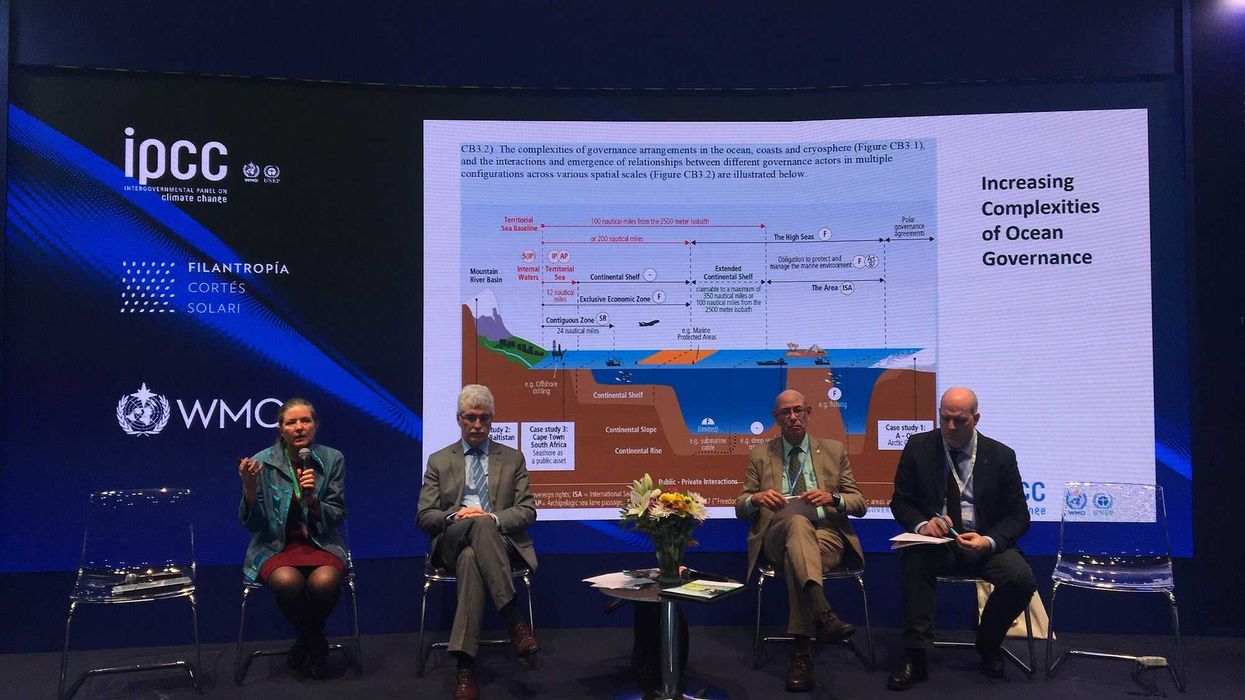Scientists are uncovering how PFAS, chemicals found in everyday products, may alter gene expression and increase cancer risk, especially in firefighters and children exposed from birth.
Jessica M. Scully writes for the University of Michigan School of Public Health.
In short:
- University of Michigan researcher Jackie Goodrich studies how PFAS impact cells and potentially triggers harmful changes in gene expression.
- Firefighters face higher PFAS exposure from protective gear and firefighting foam, with research linking the chemicals to cancer and immune system disruptions.
- Prenatal exposure to PFAS may affect newborn health and development, with ongoing studies investigating long-term effects.
Key quote:
"It shouldn’t be up to consumers and workers to have to avoid PFAS; they shouldn’t be exposed in the first place."
— Jackie Goodrich, University of Michigan School of Public Health
Why this matters:
Studies have linked PFAS exposure to a range of issues, including certain cancers, immune system suppression, thyroid dysfunction and developmental delays in children. Scientists are still working to understand the full biological effects of these chemicals, which can remain in the human body for years and may accumulate over time. As public awareness grows, so too does the pressure on policymakers to strengthen regulations.
Related: Exposure to chemicals in plastics linked to cancer diagnoses: Study














